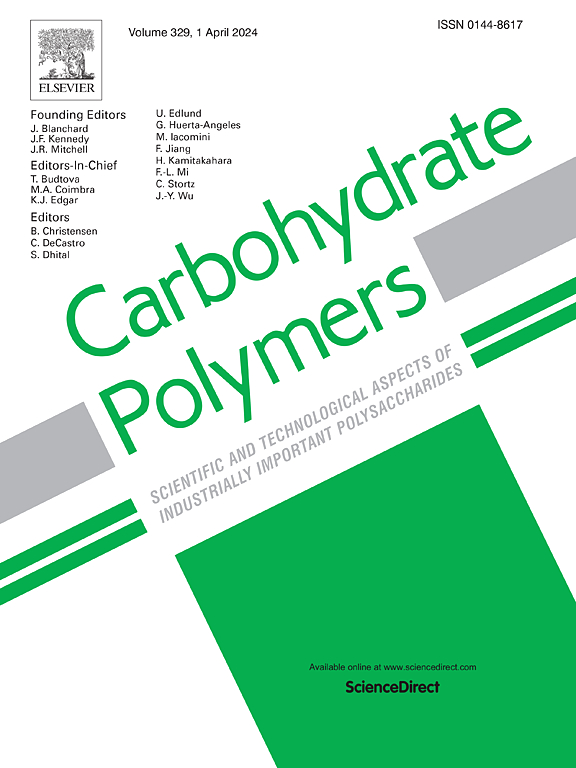Advanced therapeutic strategies using Thermo-sensitive chitosan/pectin hydrogel in the treatment of multiple cancers
IF 10.7
1区 化学
Q1 CHEMISTRY, APPLIED
引用次数: 0
Abstract
Current cancer therapies including immunotherapy and chemotherapy produce adverse side effects that demand improved drug distribution methods. Research shows that thermosensitive chitosan/pectin-based hydrogels serve as an effective platform technology for drug delivery during cancer therapy because of their ability to control drug release at specific locations. The hydrogels perform temperature-triggered sol-gel phase shifts which enables prolonged drug delivery together with minimal toxic side effects. The biocompatible and biodegradable properties of these materials enable solutions against drug resistance and tumour heterogeneity challenges. Studies have demonstrated that these hydrogels enhance drug bioavailability, extend circulation time, and improve tumour targeting, leading to increased therapeutic efficacy and reduced systemic toxicity. Their ability to sustain drug release and penetrate tumour microenvironments makes them a promising strategy for overcoming drug resistance and tumour heterogeneity. Their ability to reproduce native tissue properties poses challenges that scientists must address through improved structural optimization approaches. The combination of latest nanotechnology innovations and interdisciplinary studies has sped up the creation of chitosan/pectin hydrogels for cancer treatment applications. This review highlights the significant advancements and demonstrated effectiveness of thermosensitive chitosan/pectin hydrogels in cancer treatment by exploring their design parameters alongside their drug release behaviour while discussing their potential medical applications.

求助全文
约1分钟内获得全文
求助全文
来源期刊

Carbohydrate Polymers
化学-高分子科学
CiteScore
22.40
自引率
8.00%
发文量
1286
审稿时长
47 days
期刊介绍:
Carbohydrate Polymers stands as a prominent journal in the glycoscience field, dedicated to exploring and harnessing the potential of polysaccharides with applications spanning bioenergy, bioplastics, biomaterials, biorefining, chemistry, drug delivery, food, health, nanotechnology, packaging, paper, pharmaceuticals, medicine, oil recovery, textiles, tissue engineering, wood, and various aspects of glycoscience.
The journal emphasizes the central role of well-characterized carbohydrate polymers, highlighting their significance as the primary focus rather than a peripheral topic. Each paper must prominently feature at least one named carbohydrate polymer, evident in both citation and title, with a commitment to innovative research that advances scientific knowledge.
 求助内容:
求助内容: 应助结果提醒方式:
应助结果提醒方式:


